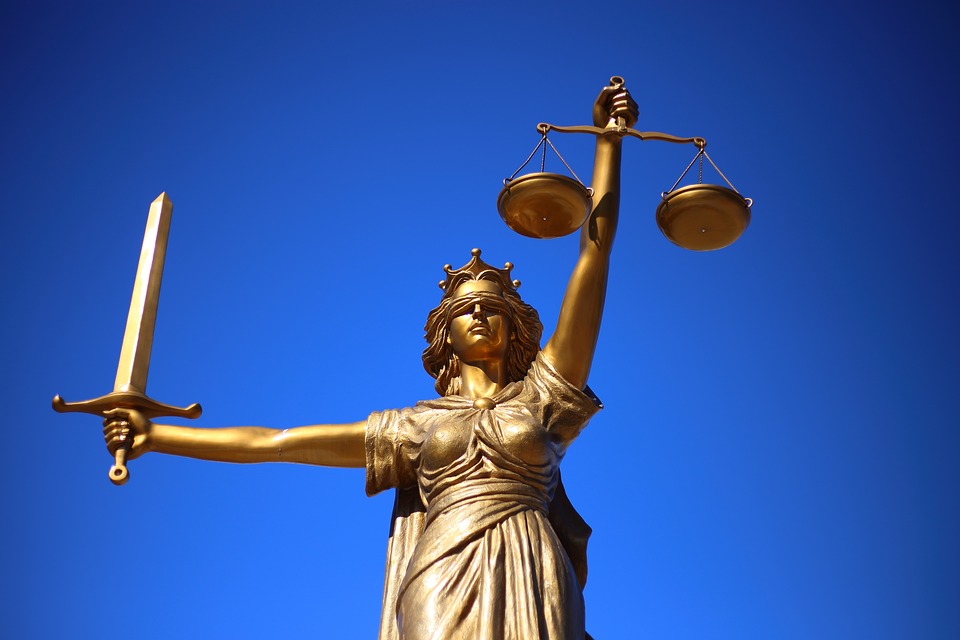 19 Mar
19 Mar
Rape Crisis and the End Violence Against Women Coalition are disappointed with the analysis and recommendations in the report on the disclosure of evidence in criminal trials published today (20 July) by the Justice Select Committee.
The Committee has missed an important opportunity to better hold Ministers, the CPS, Police and the judiciary to account for failing to deliver justice for survivors of rape and sexual assault.
In the evidence our organisations gave to the Committee, we highlighted our concern that too often police and prosecutors stray into gathering digital evidence which would be used to relate a complainant’s “sexual history”. This is unlawful and is a grave threat to rape justice at a systemic level, but MPs have not reflected on those concerns in this report.
A Rape Crisis spokesperson said:
“The Justice Select Committee report is disappointing but not surprising. No proper consideration has been given to the impacts of disclosure practice on the victims and survivors who choose to report to the police. Instead there is an apparent acceptance of the wholesale intrusion of their privacy and sensitive personal information.
“There is a continuing lack of clarity around what reasonable lines of enquiry consist of and we are concerned that this will further deteriorate victim and survivor’s sense of trust in the criminal justice system.
“Our centres and their ISVAs who support survivors through the criminal justice system tell us the current approach is neither reasonable nor proportionate. At a time when we have seen 54,000 reports of rape, a crime notoriously underreported, made in the last year and a conviction rate of 5.7% it is evident that the system is routinely failing victims and survivors.
“Given the additional stress and trauma that disclosure practice can create it is more vital than ever that specialist support services such as Rape Crisis are properly funded to support survivors of sexual violence and abuse.”
Rachel Krys, Co-Director at the End Violence Against Women Coalition said:
“We have seen an enormous rise (150%) in the number of people prepared to trust the system and report rape and sexual assault to the police. These survivors rightly expect the criminal justice system to effectively prosecute these very serious crimes, to deliver justice and deter perpetrators. But, the volumes of cases being charged and prosecuted have increased by a much, much smaller amount (only around a third), and there seems to be no will from those in power to find out why.
“We are worried that the investigation of rape still turns heavily on investigating the character and ‘credibility’ of those who report rape. The potential availability of large amounts of digital ‘evidence’ has seen rape complainants being asked to agree downloads of all their mobile phone. Routinely using evidence from someone’s mobile phone, school, medical and even social services records to undermine their credibility is becoming the norm. Too often these are not ‘reasonable lines of inquiry’ and stray into unlawful use of someone’s sexual history evidence. This isn’t fair and the real risk is many perpetrators remain free to reoffend and rape with impunity. That is the real crisis in justice which we face.”
Women’s groups would like to see a full review of how the justice system handles rape and sexual violence, and a commitment to the availability of an ISVA (Independent Sexual Violence Advocate) and specialist support and counselling whenever they are needed.
ENDS
Recommended ARTICLES
 19 Mar
19 Mar
 05 Mar
05 Mar
 27 Feb
27 Feb

